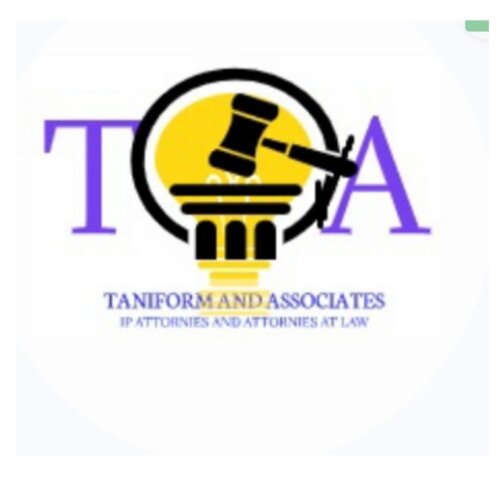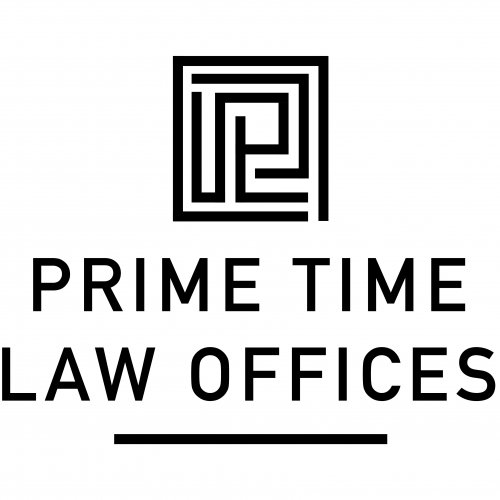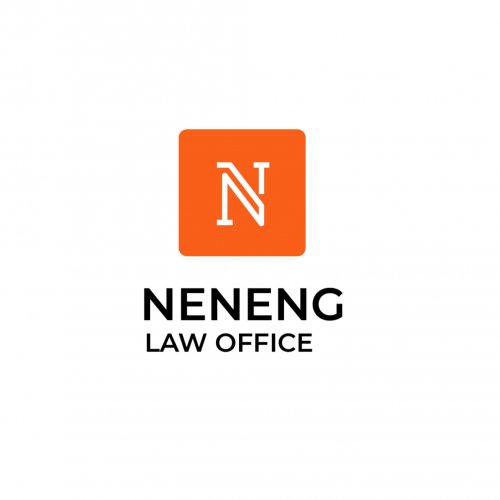Best Family Lawyers in Cameroon
Share your needs with us, get contacted by law firms.
Free. Takes 2 min.
Free Guide to Hiring a Family Lawyer
Or refine your search by selecting a city:
List of the best lawyers in Cameroon

Taniform and Associates IP Attorneys and Attorneys at Law
15 minutes Free ConsultationAbout Family Law in Cameroon
Family law in Cameroon covers various issues related to marriage, divorce, child custody, adoption, and succession. It is governed by both statutory laws and customary practices that vary among the different regions and ethnic groups within the country.
Why You May Need a Lawyer
You may need a lawyer for family-related issues in Cameroon if you are dealing with matters such as divorce, child custody disputes, inheritance disputes, or adoption processes. A lawyer can provide legal advice, represent you in court, and help navigate the complex legal system in Cameroon.
Local Laws Overview
In Cameroon, family law is primarily guided by the Civil Code, the Family Code, and customary law practices. These laws govern various aspects of family life, including marriage, divorce, child custody, and inheritance. It's important to understand the specific laws that apply to your situation based on your region and customs.
Frequently Asked Questions
1. What are the legal requirements for marriage in Cameroon?
In Cameroon, the legal requirements for marriage include being of legal age (21 years for men and 17 years for women), obtaining parental consent if under the legal age, and registering the marriage with the civil registry.
2. How is child custody determined in Cameroon?
Child custody in Cameroon is determined based on the best interests of the child, taking into account factors such as the child's age, living conditions, and relationship with each parent. The court may consider the parents' ability to provide for the child's emotional and physical needs.
3. What are the grounds for divorce in Cameroon?
The grounds for divorce in Cameroon include adultery, cruelty, abandonment, and incurable mental illness. A divorce can be granted by the court after a legal process that involves evidence of the grounds for divorce.
4. How is inheritance handled in Cameroon?
In Cameroon, inheritance is governed by both statutory laws and customary practices. The Civil Code provides guidelines for inheritance, but customs often play a significant role in determining succession and the distribution of assets among family members.
5. Can same-sex couples adopt children in Cameroon?
Same-sex adoption is not legally recognized in Cameroon. Only heterosexual couples or individuals can adopt children in accordance with the provisions of the Family Code.
6. How can I legally change my child's name in Cameroon?
To legally change a child's name in Cameroon, you must file a petition with the court and provide a valid reason for the name change. The court will consider the best interests of the child before approving the name change.
7. What are my rights as a parent in Cameroon?
As a parent in Cameroon, you have the right to care for and educate your child, make decisions about their upbringing, and provide for their needs. However, these rights must be exercised in the best interests of the child.
8. Can I file for child support in Cameroon?
Yes, you can file for child support in Cameroon if you are the custodial parent and the other parent is not contributing financially to the child's upbringing. The court may order the non-custodial parent to pay child support based on their income and the needs of the child.
9. How can I protect my assets in case of divorce in Cameroon?
To protect your assets in case of divorce in Cameroon, you can enter into a prenuptial agreement with your spouse outlining the division of assets in the event of divorce. You can also seek legal advice on how to safeguard your assets before and during the marriage.
10. What steps should I take if I am a victim of domestic violence in Cameroon?
If you are a victim of domestic violence in Cameroon, you should seek help from the police, a lawyer, or a local organization that supports victims of abuse. You can also file a complaint with the court to obtain a protection order against the abuser.
Additional Resources
For more information on family law in Cameroon, you can contact the Ministry of Justice, the Bar Association, or local legal aid organizations. These resources can provide guidance and support for individuals in need of legal advice regarding family-related matters.
Next Steps
If you require legal assistance in family matters in Cameroon, it is advisable to consult with a qualified lawyer who specializes in family law. They can offer legal advice, represent you in court, and help you navigate the legal system to protect your rights and interests.
Lawzana helps you find the best lawyers and law firms in Cameroon through a curated and pre-screened list of qualified legal professionals. Our platform offers rankings and detailed profiles of attorneys and law firms, allowing you to compare based on practice areas, including Family, experience, and client feedback.
Each profile includes a description of the firm's areas of practice, client reviews, team members and partners, year of establishment, spoken languages, office locations, contact information, social media presence, and any published articles or resources. Most firms on our platform speak English and are experienced in both local and international legal matters.
Get a quote from top-rated law firms in Cameroon — quickly, securely, and without unnecessary hassle.
Disclaimer:
The information provided on this page is for general informational purposes only and does not constitute legal advice. While we strive to ensure the accuracy and relevance of the content, legal information may change over time, and interpretations of the law can vary. You should always consult with a qualified legal professional for advice specific to your situation.
We disclaim all liability for actions taken or not taken based on the content of this page. If you believe any information is incorrect or outdated, please contact us, and we will review and update it where appropriate.
Browse family law firms by service in Cameroon
Cameroon Attorneys in related practice areas.
Browse family law firms by city in Cameroon
Refine your search by selecting a city.













